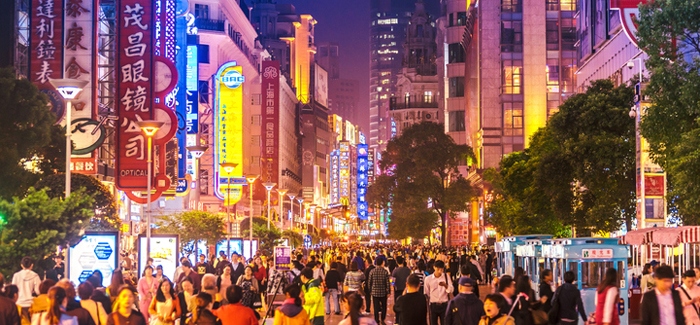Sponsored by the University of Warwick
Ah, Venice… With its hidden waterways and ornate architecture, it might just be the most enchanting and serene city in the world. At every turn, the ordinary pedestrian discovers a picturesque passageway, revealing breathtaking facades and arches.
It’s not just a city for tourists though. Every year, the Palazzo Pesaro-Papafava in Venice opens its doors to History and History of Art students from the University of Warwick. The stunning Palazzo near the famous Grand Canal dates back to the 15th Century and has a light pink canal-facing facade and striking gothic windows.
The site is also a place of learning. History and History of Art students at the University of Warwick can spend a full term exploring the art, history and culture of Venice at the Palazzo Pesaro-Papafava, where they attend lectures and seminars taught by Warwick staff, while also making full use of the Palazzo’s library.
Through site visits students have the chance to explore Venice and study its history. History students get a chance to explore the Venice of the Renaissance period while living in it - while History of Art students get to walk in the shoes of the great Italian masters and discover the sights and sounds that inspired some of the most iconic artwork in the world.
History of Art students also have the opportunity to explore artworks exhibited at the Biennale, one of the most prestigious international exhibitions for contemporary art in the world.
To find out more, we caught up with Freya Ball and Kristie Beddoes, two University of Warwick students who spent a term in the city built on water and had a lot to say about their experiences.
“Venice is one of the most beautiful cities I’ve ever seen”, says Kristie, a third-year History of Art student who spent a term in Venice.
“It’s true that it has a charm and mystery unlike any other city in the world and it never gets boring, especially with the threat of acqua alta (high water) at any time”.
Kristie spent ten weeks in Venice as part of her degree, where she was taught by professors of the University of Warwick on a site owned by the university called the Palazzo Pesaro-Papafava.
During her stay, Kristie learnt about the history of Venice from its very beginnings in the seventh century to today and explored the work of the Italian masters through the lens of daily life in the historic city.
She says: “The sheer amount of history, culture and art that Venice possesses is unparalleled by anywhere else and it’s so nice to just go for a walk, get completely lost and end up stumbling upon beautiful churches, views, galleries and shops.”
By the second week, Kristie could get around Venice with ease and order food in Italian from the deli counter and she quickly got used to Venetian life.
“Italian people are lovely and greet you whenever you walk into a shop, which is very odd for the British to get their heads around. You’d also have to get used to having tea withdrawals if you don’t drink coffee.”
Freya, a third-year History student at the University of Warwick, flew out from Heathrow Airport and spent a full term in Venice, where she learnt about Venice during the Renaissance period through guided tours of major monuments and sites of interest.
While Freya enjoyed her social life and the many attractions of Leamington, one of the towns where University of Warwick students live, she is drawn to the slow pace of Venetian life. “Life seems to move a lot slower here and you’ll find yourself appreciating this pace with its long morning coffee breaks, afternoon drinks at the many baccaris dotted throughout the city and late evening passeggiata.
“One of the most memorable experiences I’ve had since coming to Venice was on the first weekend of term when I went out with my housemates and some Italian buddies we had made.
“One of our buddies recommended going to this niche bar on the corner of Campo San Polo where a Venetian band were playing.
“We spent the evening trying out the swarmed bacaris around Campo Santa Margherita (the main student area), discussing communist literature and getting more and more confident in our broken Italian.
“Instead of lectures we have field trips to various sites throughout Venice and the mainland. Also, the Venice seminars are self-led with a couple of people preparing some activities and discussion points for each week’s topic and this allows for a more casual and friendly atmosphere and gives students a lot of freedom.”
The University of Warwick offers an excellent opportunity to spend a full-term studying in Venice. If you are interested in History or the History of Art, you can find out more about studying at the University of Warwick here.









